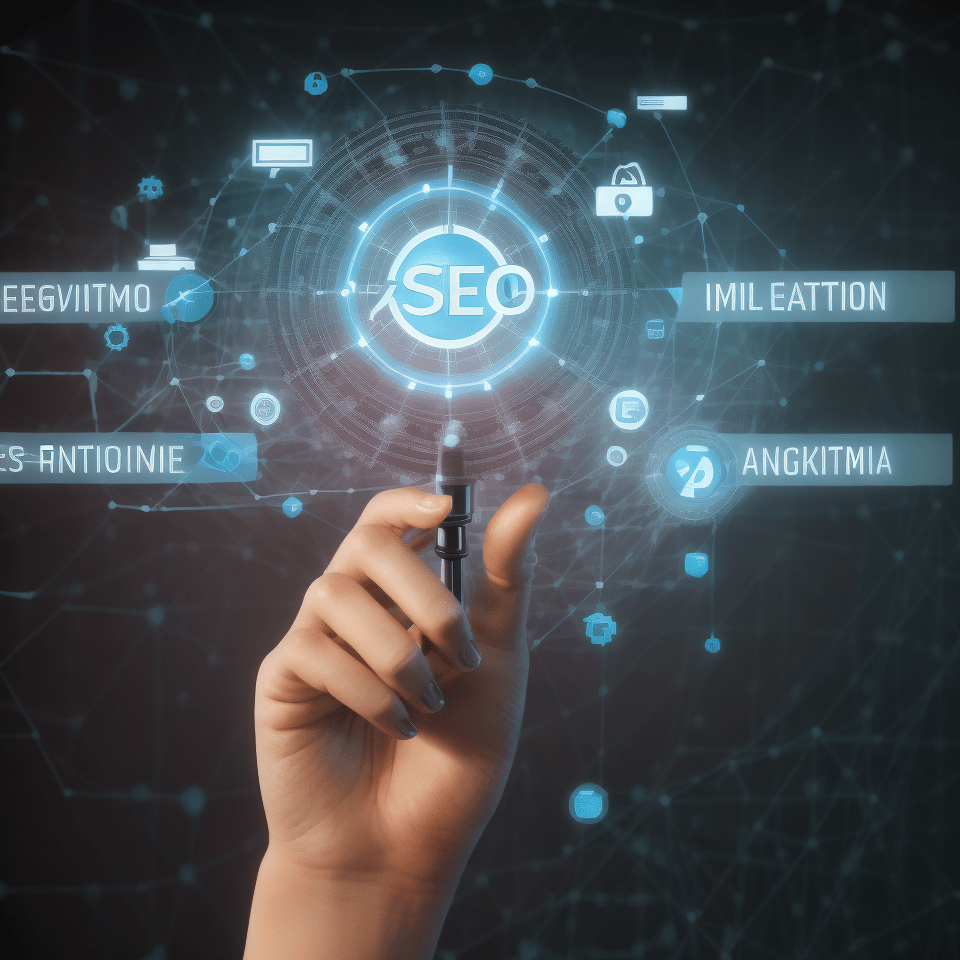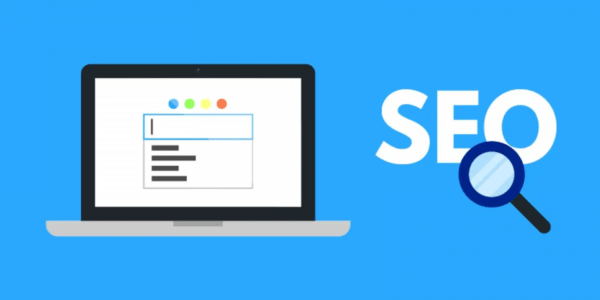As the digital landscape evolves, the intersection of artificial intelligence (AI) and search engine optimization (SEO) is becoming increasingly crucial for marketers and businesses. AI is transforming how we approach SEO, from data analysis and decision-making to content creation and user experience. AI-driven SEO is not just an emerging trend; it’s becoming an essential component of effective digital marketing strategies. This technology is fundamentally altering how we approach everything from keyword research to content creation. Let’s delve deeper into how AI-driven SEO is setting new standards for engaging with users and improving site rankings.
Content Overview
AI-Driven SEO Enhances Keyword Research & Strategy
Artificial intelligence is revolutionizing keyword research by analyzing vast datasets to discern patterns and preferences that escape traditional analysis. This advanced capability enables marketers to grasp not just the frequency of keyword usage but also the intent behind searches. By doing so, AI helps refine SEO strategies, ensuring that they are not only based on historical data but are predictive and proactive, adapting to the evolving ways people use search engines.
AI’s impact extends beyond keyword analysis; it also optimizes site structure for better indexing by search engines. AI tools assess website architecture and suggest modifications that enhance the discoverability of pages, ensuring a thorough indexing process. This results in a more SEO-friendly website that search engines can navigate easily, leading to improved organic rankings.
Moreover, AI is instrumental in competitive analysis. By swiftly aggregating and analyzing competitor data, AI tools provide insights into the SEO tactics employed by industry leaders. This intelligence allows businesses to benchmark their performance and identify strategic opportunities for improvement, staying competitive in crowded markets.
Content Customization and User Engagement
With AI, content creation shifts from a one-size-fits-all approach to highly targeted, personalized content. AI analyzes user data to understand individual preferences, enabling the creation of tailored content that resonates with different segments of an audience. This personalized approach not only captivates users but also significantly enhances the chances of engagement and conversion, as content is more relevant to the user’s interests and needs.
AI-driven tools employ natural language processing to optimize content not just for keywords but for quality and relevance. This shift aligns with the algorithms of modern search engines, which prioritize user engagement and content value over keyword stuffing. By ensuring content is both informative and well-optimized, AI helps websites meet search engine criteria, thereby improving their SERP rankings.
Furthermore, AI can dynamically adjust content based on user interaction patterns. For example, if certain types of articles generate more engagement or certain topics are trending among users, AI can prompt content creators to focus more on these areas. This adaptive content strategy keeps websites fresh and relevant, which is crucial for maintaining user interest and improving SEO performance.
Automation of On-Page and Off-Page SEO
AI streamlines on-page SEO tasks such as optimizing meta tags and headings, ensuring that they are not only keyword-rich but also appealing to potential visitors. By analyzing user engagement metrics, AI can suggest real-time adjustments to these elements to improve click-through rates and reduce bounce rates. This automation makes the iterative process of SEO optimization more efficient and effective.
In the realm of off-page SEO, AI facilitates smarter link-building strategies. By identifying high-authority and relevant domains for backlinks, AI enhances a website’s authority and search rankings. These AI tools analyze the quality of potential link sources, predict the value of a link from them, and automate outreach campaigns, making the process of building a strong backlink profile more streamlined and strategic.
AI also automates the tracking and analysis of SEO metrics, providing real-time insights into the performance of various strategies. This allows marketers to quickly identify successful tactics and areas needing improvement, enabling a more agile approach to SEO. By automating routine and complex tasks, AI frees up marketers to focus on creative and strategic endeavours, pushing the boundaries of what SEO can achieve.
Predictive SEO and Performance Forecasting
AI is particularly powerful in its predictive capabilities, which allow for anticipatory strategies rather than reactive adjustments. By analyzing historical data and current trends, AI can forecast future changes in user behaviour, search query evolution, and potential algorithm updates. This proactive approach enables marketers to adjust their SEO strategies in advance, ensuring they remain relevant and effective as search landscapes shift.
The utilization of AI in predictive SEO also extends to content planning. By predicting what topics will become relevant or continue to gain interest, marketers can prepare and distribute content ahead of the curve, securing a leadership position in their respective niches. This foresight not only enhances visibility but also establishes a brand as a thought leader, a crucial advantage in competitive markets.
Additionally, AI’s predictive analytics help optimize marketing budgets by forecasting the ROI of various SEO strategies. By understanding which tactics yield the best results, businesses can allocate resources more effectively, focusing on strategies that offer the highest returns. This not only maximizes the impact of SEO efforts but also ensures more efficient use of marketing funds.
Challenges and Ethical Considerations
Despite its many benefits, the integration of AI into SEO does not come without challenges. Data privacy is a significant concern, as AI systems require access to large volumes of data to function effectively. Ensuring that this data is handled securely and in compliance with regulations like GDPR is paramount. Marketers must be transparent about their use of AI and the data it analyzes to maintain trust with their audience.
Another challenge lies in the potential for bias within AI algorithms. If not properly trained, AI can perpetuate existing biases in data sets, leading to skewed SEO strategies that might not accurately reflect diverse user needs. It is crucial for marketers to continuously monitor and update AI models to ensure fairness and accuracy in their SEO practices.
Moreover, the reliance on AI for SEO tasks raises questions about the dilution of human creativity and intuition in marketing. While AI can handle many analytical tasks, the creative aspects of marketing should remain a human endeavour. Balancing AI’s analytical power with human creativity is essential for developing SEO strategies that are not only effective but also innovative and engaging.
Conclusion
The future of SEO in an AI-driven world is bright and filled with opportunities for innovation and efficiency. As AI-driven SEO continues to evolve, so too will the tactics and tools available for optimizing search engine visibility. Marketers who embrace AI’s potential can look forward to not only keeping up with the changes but also leading the charge in the new frontiers of digital marketing. However, it’s also important to approach these advancements with a sense of responsibility, ensuring ethical practices and maintaining a human touch in all interactions. By doing so, the future of SEO can be as humane as it is technologically advanced.




